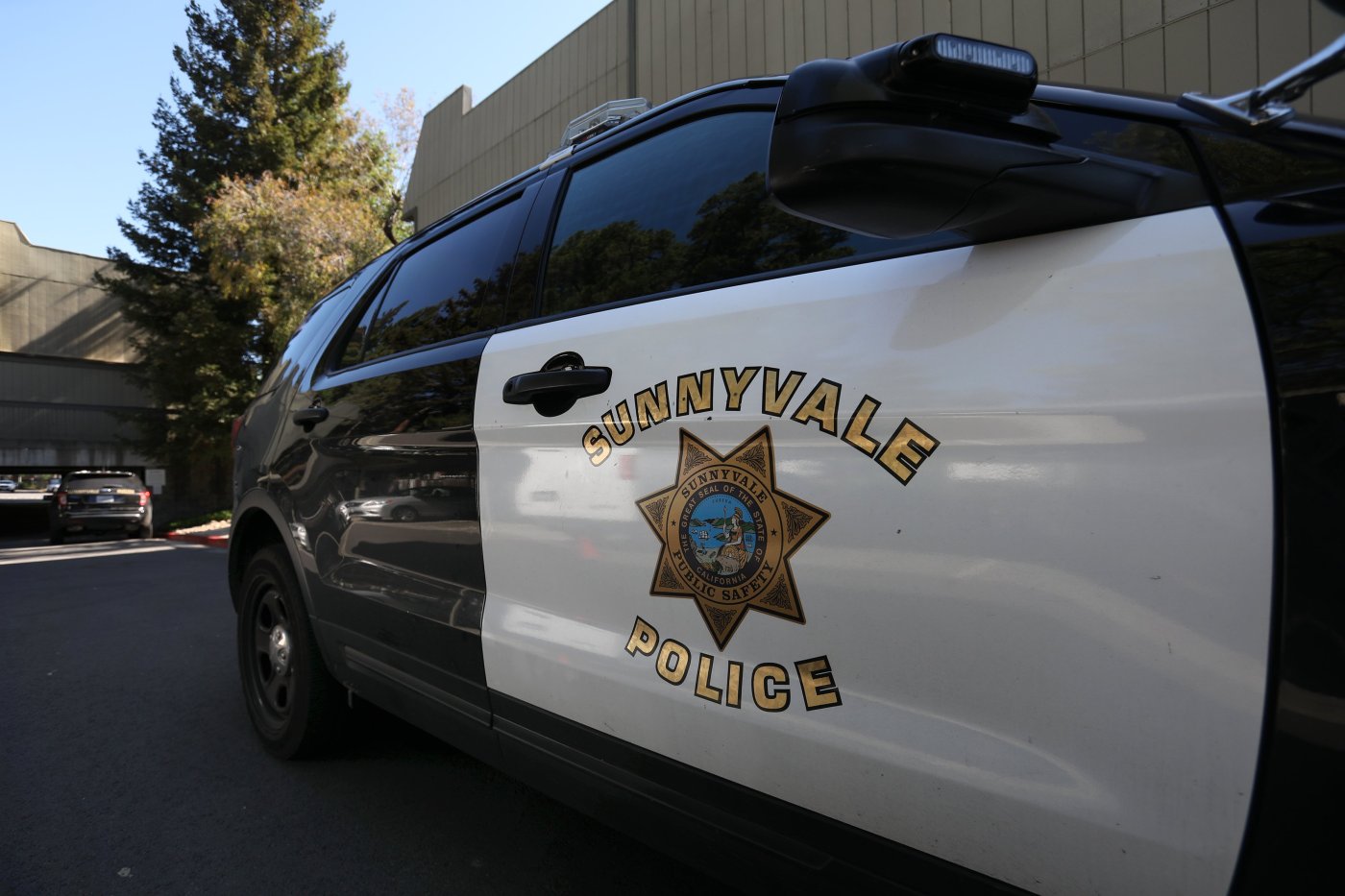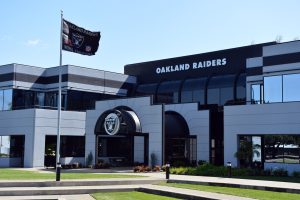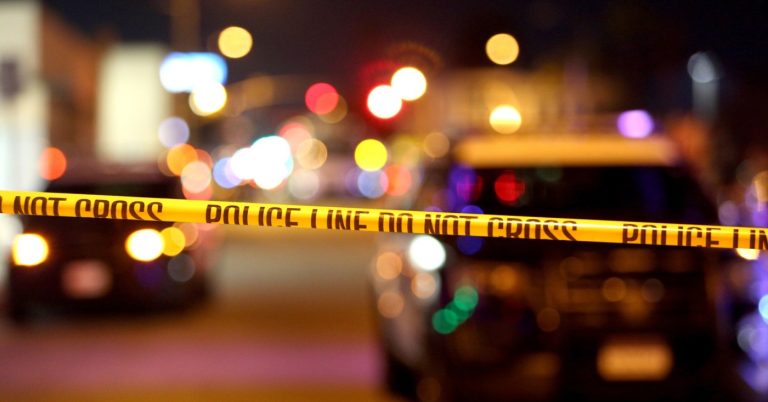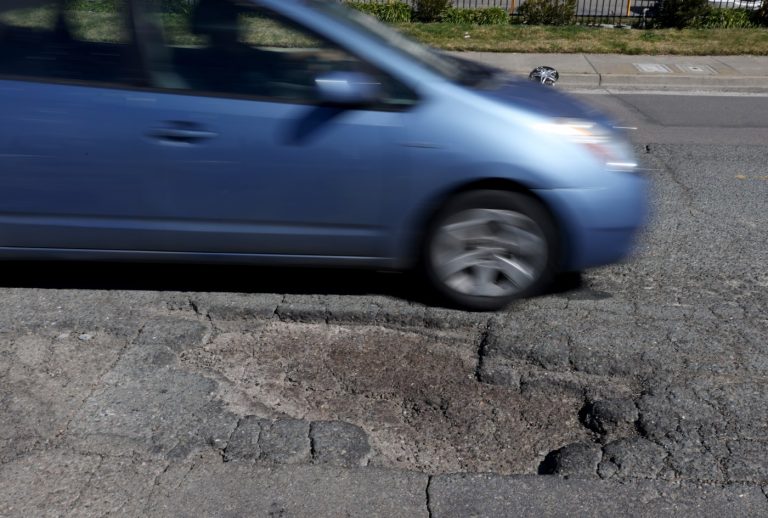Sunnyvale public safety officers are relieved to have new and much-needed paramedics for the city, but desire a long-term solution to address a local and county-wide shortage.
City firefighters and police officers are trained EMTs, but for years the department had no paramedics, who are more qualified to perform advanced procedures and offer advanced life support during emergencies.
The Sunnyvale Public Safety Officers Association, which represents more than 200 city public safety officers, rang the alarm about their concerns earlier this year to city leaders and local media outlets. In February, ambulance company AMR reached out to the association and agreed to finance two full-time paramedics for the city, a gift that has been well-received, said association president Lt. Devon Klein.
“Officers appreciate being supported by paramedic personnel on scene at these intense, rapidly evolving medical emergencies,” he said. “It helps us deliver a better service to the community.”
The paramedics serve in city-wide quick response vehicles, which typically allow first responders to arrive on scene faster than ambulances. They are dispatched and managed by the county during an emergency.
AMR’s Santa Clara Division will continue funding the paramedics for the foreseeable future, according to AMR Regional Director Darryl McClanahan.
“If any unforeseen challenges or changes do arise, we have been in consistent communication with Sunnyvale and will engage with them prior to any changes in the program,” he said.
The division is responsible for 400 EMTs and paramedics who respond to 140,000 calls a year. Years ago, Sunnyvale used to have two paramedics dedicated to serving the city, but they were reassigned to ambulance services.
The arrangement proved to be problematic, as county ambulances aren’t dispatched until emergency crews arrive on scene and specifically request one. There have been occasions when ambulances have taken 20 minutes to arrive in Sunnyvale instead of the department’s required eight-minute response time. Sometimes they didn’t arrive at all, according to Klein.
Santa Clara County Communications did not immediately respond to a request for comment regarding Sunnyvale’s response times.
According to a 2023 county report, AMR needs to add 30 more full-time paramedics before staffing can reach “optimal” levels in the county. The number of calls for ambulance response has also increased by 24% in the last three years, causing strain on local public safety officers.
It’s not just Sunnyvale that is experiencing this issue. In more remote South Bay communities, such as Morgan Hill and Gilroy, a lack of paramedics has led to patients and emergency responders sometimes waiting half an hour or more for an ambulance. Recently in Alameda County, officials from Livermore and Pleasanton alleged poor performance and delayed response times from Falck, the private ambulance company, which is also experiencing a paramedic shortage.
McClanahan said the shortage is nationwide, and worsened during COVID-19. Many paramedic certification programs, which take roughly 18 months to complete, closed their doors to applicants due to shelter-in-place and social distancing orders.
“It’s a national paramedic shortage, it’s not unique to Santa Clara County,” he said. “What we’ve been experiencing is this kind of backlog. (Paramedics) weren’t going through programs.”
Related Articles
Opinion: Biden is closing a sacred portal into American gun culture
Five arrested after sit-in at Google headquarters protesting war in Gaza
Bay Area man sentenced to 10 years in federal prison for child pornography charges
Man charged with vehicular manslaughter in 2022 Oakland hit-and-run
Burying canal is next step in widening heavily used East Bay road that is community’s only major exit
Several South Bay cities have already developed their own solutions to address this. Palo Alto has its own paramedic-staffed ambulance service, while Santa Clara use de facto ambulances, or “STAR” cars, to transport patients if a county ambulance cannot come quickly enough.
AMR was able to provide Sunnyvale with immediate paramedic services, but a long-term solution is still needed, Klein said. He hopes Sunnyvale leaders can study the issue and localize the ambulance models.
“A system-wide fix is still needed,” he said. “It’s going to require all the stakeholders to really roll up their sleeves, get dirty, and find those real solutions.”












